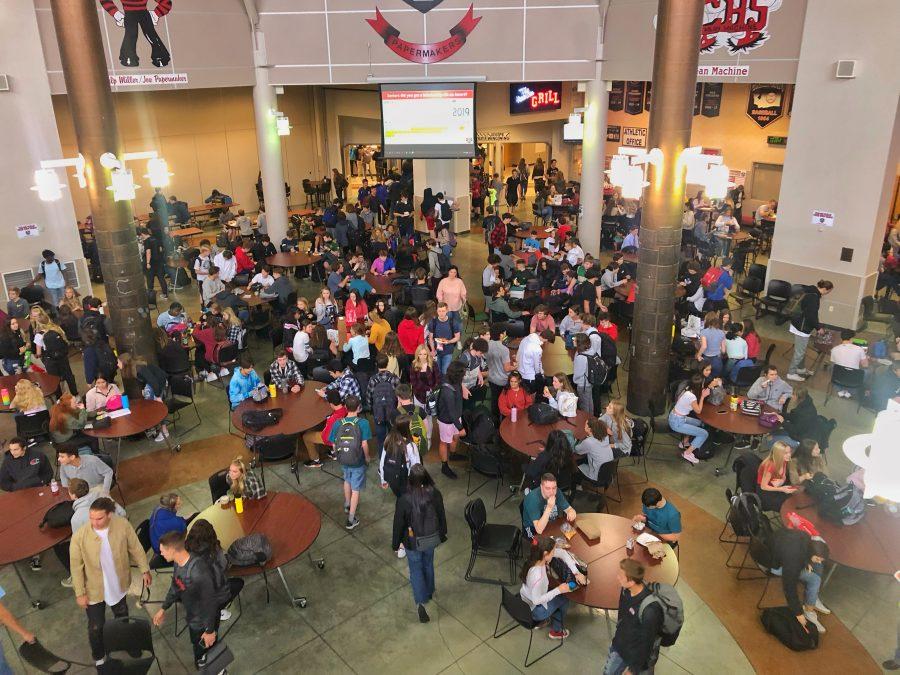Every student at Camas has a favorite teacher and they feel like they have a special bond or a friendship with them. Maybe they come and visit between classes and at lunch. Maybe they tell this teacher or school employee everything; they feel this teacher is a friend.
“We’re not peers, so there shouldn’t be a friendship,” said Dr. Liza Sejkora, former principal of Camas High School. Sejkora explained it is not that she does not care about her students, it is that friendship is not appropriate until the teacher-student dynamic is no longer in place.
“Our relationship? Does it become different when a student graduates? Absolutely,” said Sejkora.
Every student at CHS also has a least favorite teacher. Maybe this teacher is strict, rude, or makes students plain uncomfortable. Despite attending a school full of rules, many students are unaware of the rights they have in relation to teachers.
“Students should be made aware of their rights and teachers should know the law,” said an anonymous senior.
Most students feel they have to do what the teacher says and feel powerless to stop inappropriate teacher behavior, which to an extent is true.
“Every student must follow a reasonable request by a teacher or faculty member,” said Sejkora.
This means, for example, if a faculty member asks a student to go to class, the student must do so or there will be consequences. An unreasonable request would be something illegal or inappropriate.
If a teacher’s behavior becomes inappropriate and they violate the code of conduct their teaching license can be revoked and they will never be able to teach in the state of Washington. This will also be a hindrance to getting licensed in other states. While this is not impossible, it does not often happen.
Teachers may be following every job requirement, but students may dislike them based on how they manage their classroom. It is a teacher’s decision about how they want to run a classroom, but of course, that has an effect on the students’ learning. For example, if a teacher were to call out a student for disruption or for misbehavior, while that is legal, some teachers can ride the line of public humiliation.
“Public humiliation is never okay,” said Dr. Marilyn Boerke, the CSD talent development director.
She explained that students who are humiliated are then lost to the teacher because they no longer can feel open in that environment.
Clear classroom management is something that is vital, according to Sejkora and Boerke.
“Once a class starts it’s impossible to turn that tide because that’s the tone that is set for the year,” said Boerke.
Humans are creatures of habit and students become accustomed to a certain way a teacher teaches.
Teacher-student relationships can make or break a teaching environment, and it is important for both parties to keep the other in check.


































